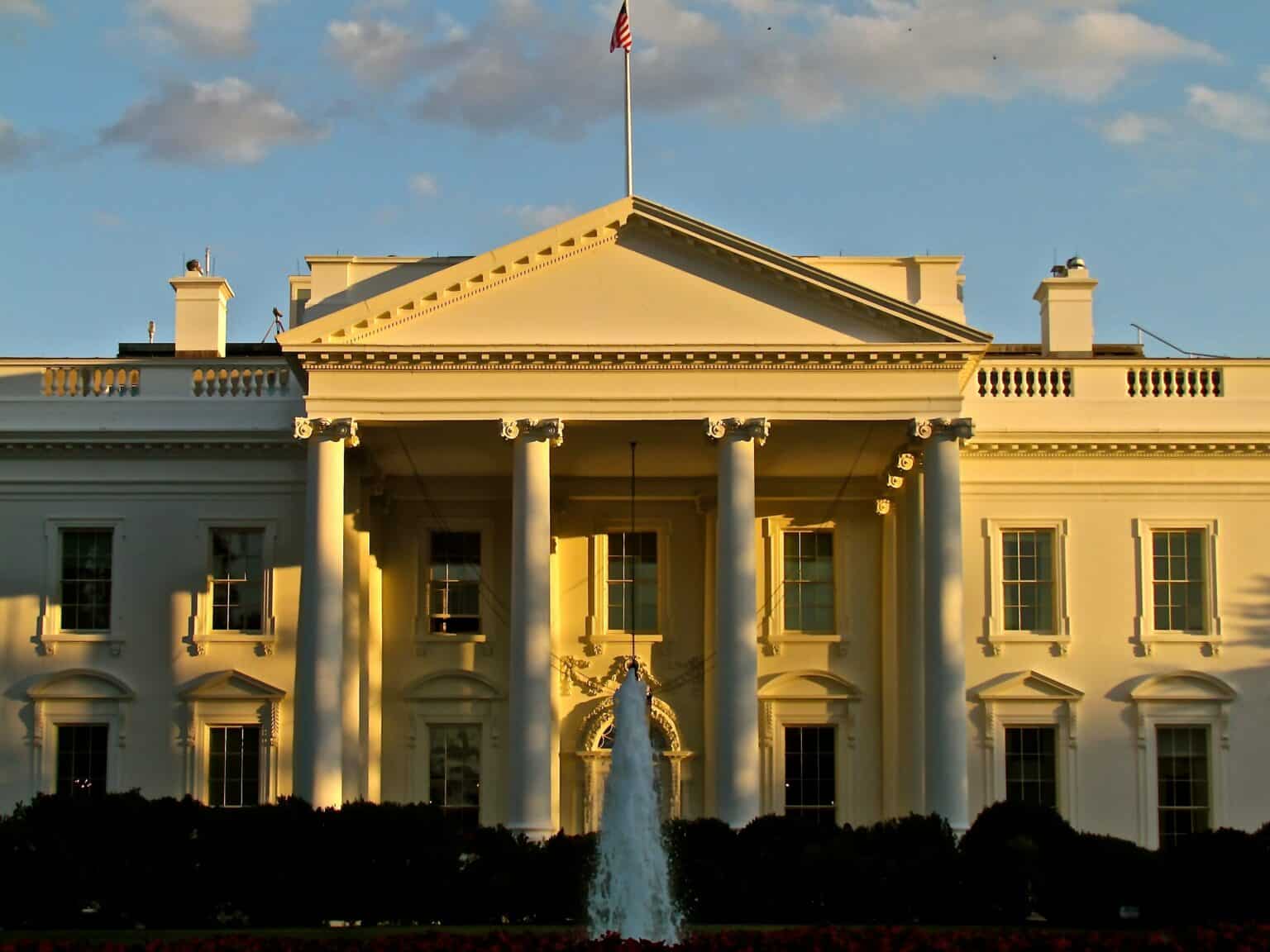President Biden and House Speaker Kevin McCarthy (R-CA) were set to meet Wednesday at the White House to discuss ways to avoid default on the U.S. debt.
The government reached its $31.4 trillion debt limit on January 19, at which time Treasury Secretary Janet Yellen told Congress the country could undertake “extraordinary measures to prevent the United States from defaulting on its obligations.”
However, she warned that those measures would only buy the government enough time to keep from defaulting on its debt until “early June” if not sooner.
But to win over conservative Republicans in his bid for the Speakership—which took a nearly unprecedented 15 rounds of voting over four days—McCarthy made concessions and promises that included any agreement to raise the debt ceiling would come with spending cuts.
“I want to look the President in the eye and tell me there’s not $1 of wasteful spending and government. Who believes that? The American public doesn’t believe that. Our whole government is designed to have compromise,” McCarthy said. “For the President to say he wouldn’t even negotiate, that’s irresponsible.”
The White House has said it will not will not negotiate on the debt ceiling, accusing House Republicans of using it as a “political football.”
“In the past there has been bipartisan cooperation to address the debt ceiling, and that’s how it should be,” White House Press Secretary Karine Jean-Pierre said on January 18.
President Biden, though, on Tuesday appeared ready to at least hear out McCarthy—if if the Speaker is serious. The President told reporters he plans to say to the Speaker, “Show me your budget and I’ll show you mine.”
Not raising the debt ceiling would be an “unmitigated disaster,” according to David Kelly, chief global strategist at JPMorgan Funds.
A debt default by the U.S. could shake economies worldwide. The U.S. could also face a recession, including higher unemployment. The stock and bond markets would likely plunge, potentially wiping out 6 million jobs and $15 trillion in wealth, according to Moody’s. Americans who receive benefits like Social Security risk not getting those monthly checks.
The United States has never defaulted on its debt. But it has repeatedly come close, perhaps most notably in 2011 when the U.S. suffered its only credit rating downgrade in its history, amid the rise of the conservative tea party movement in the House.


